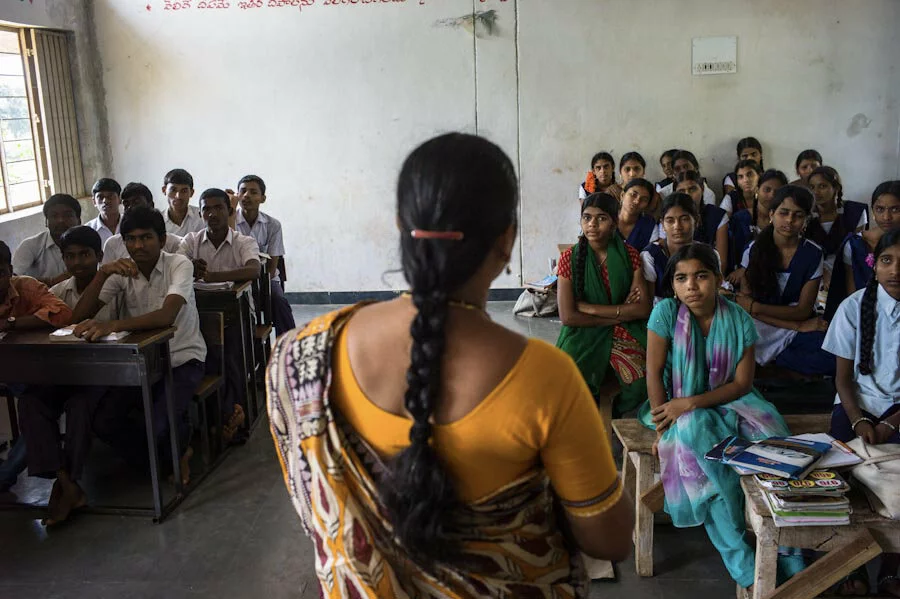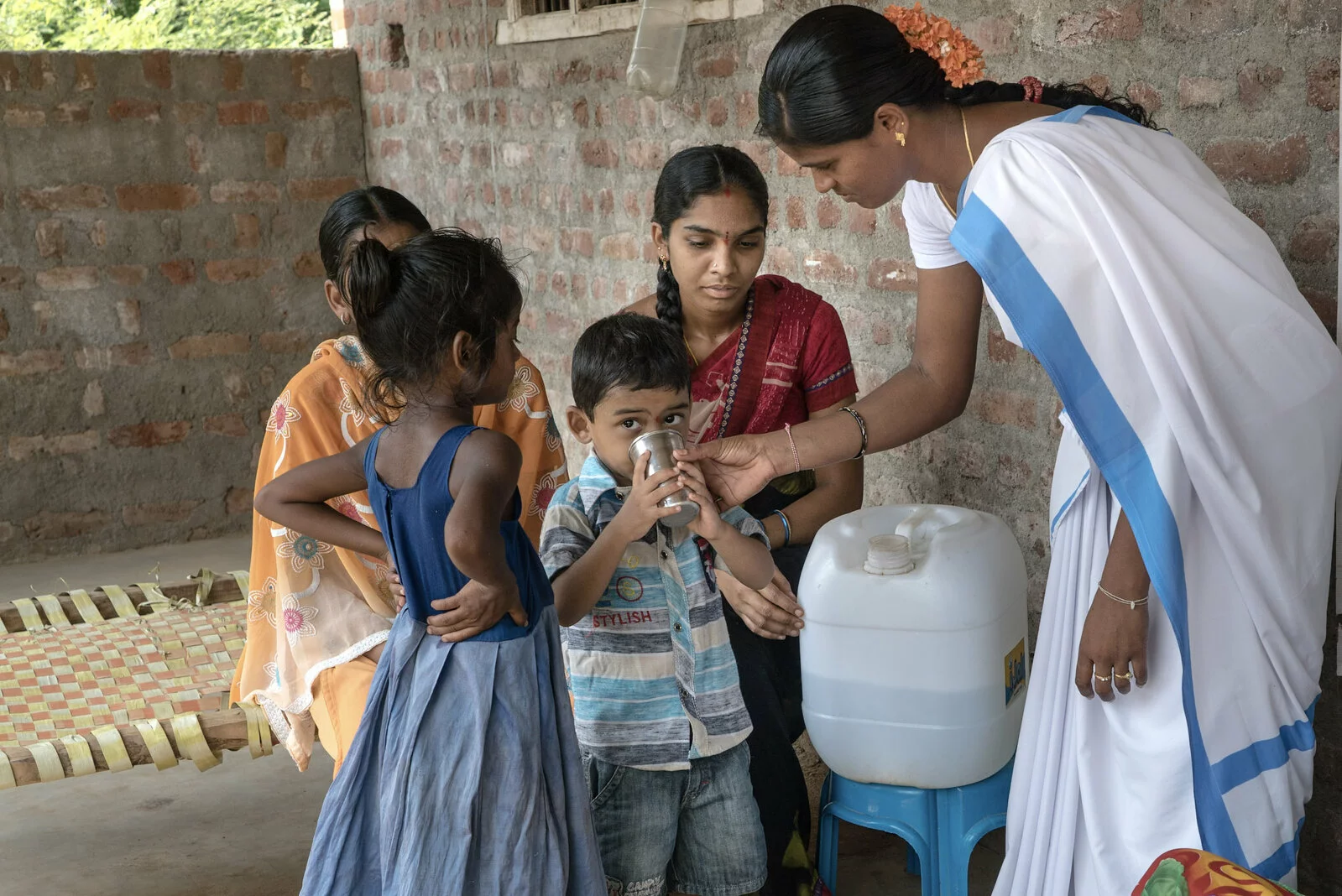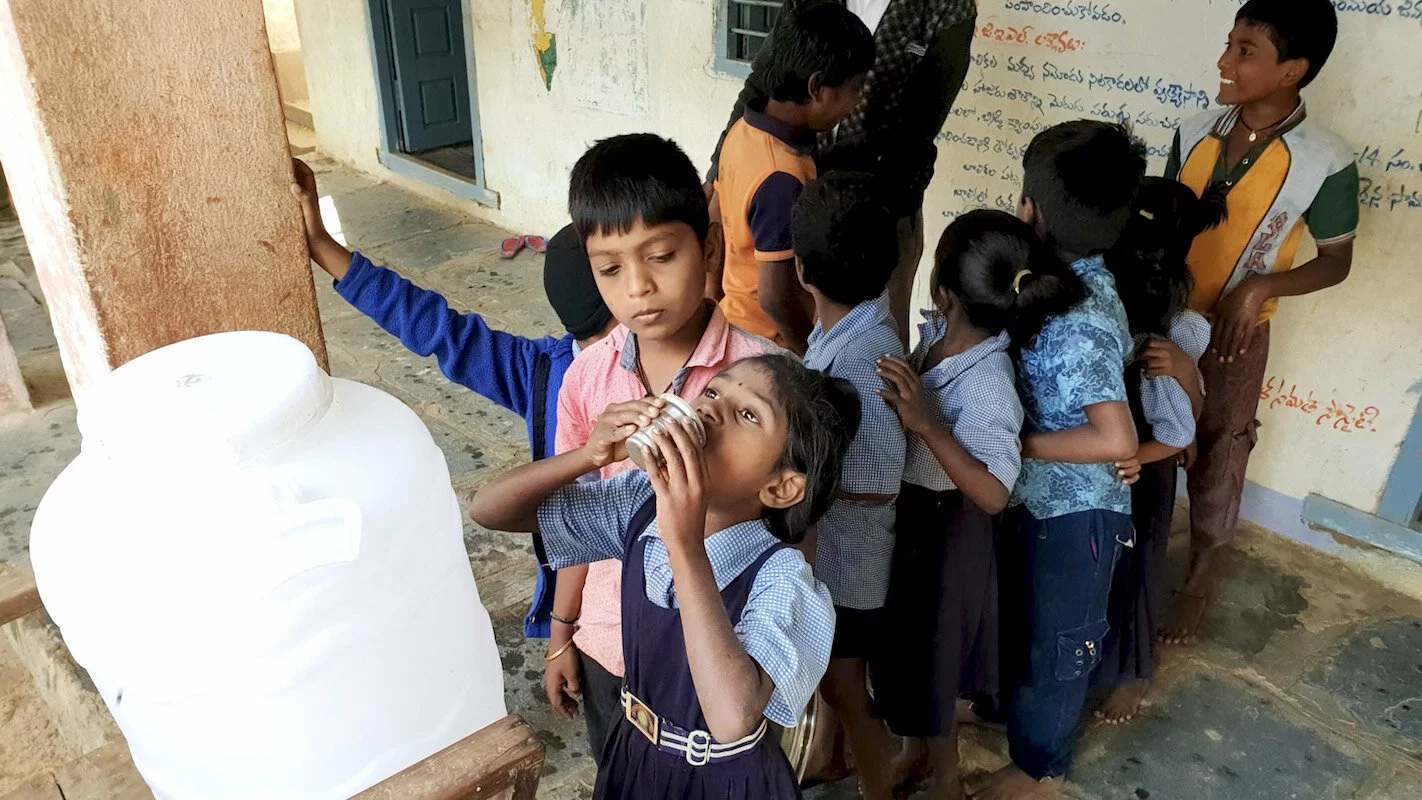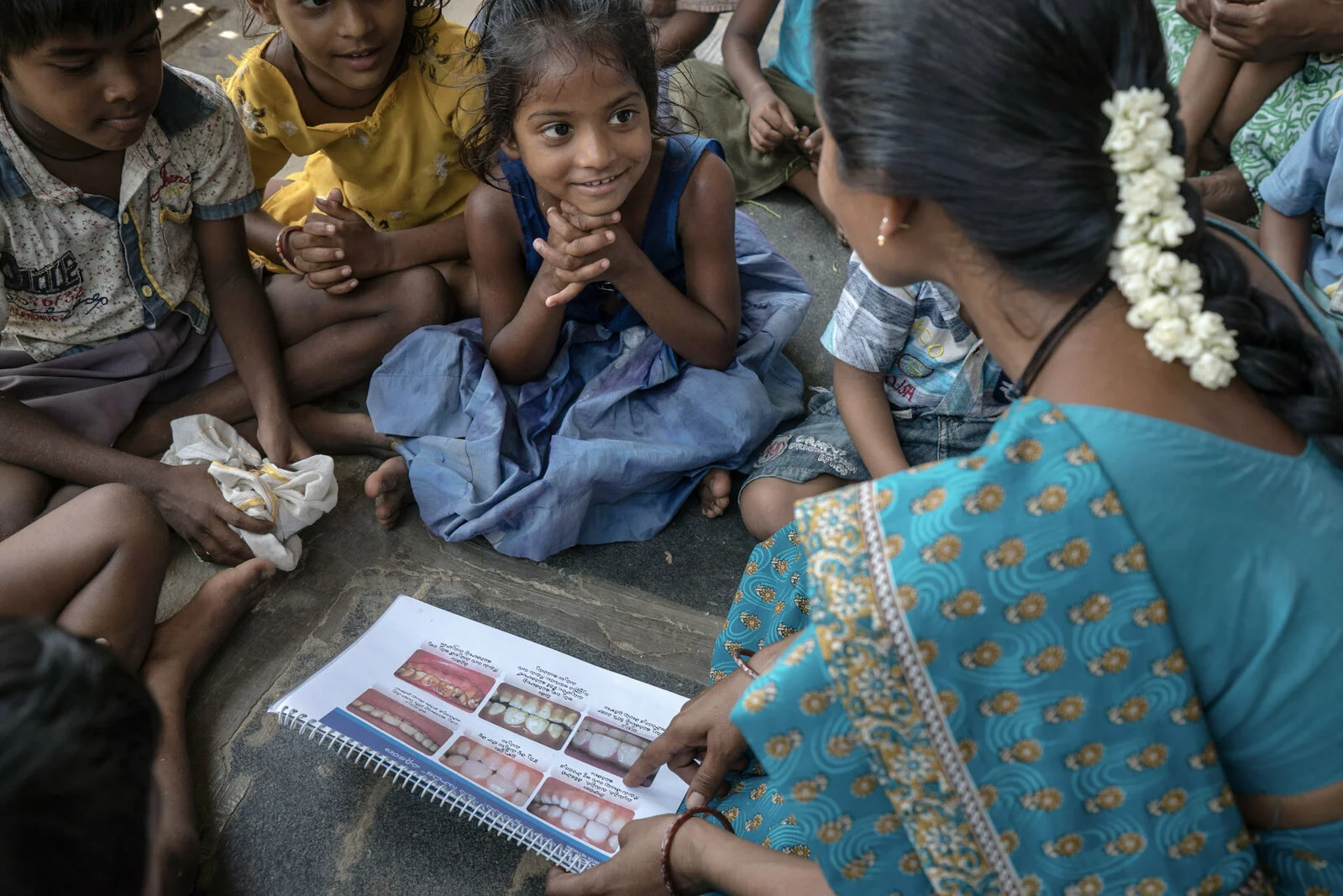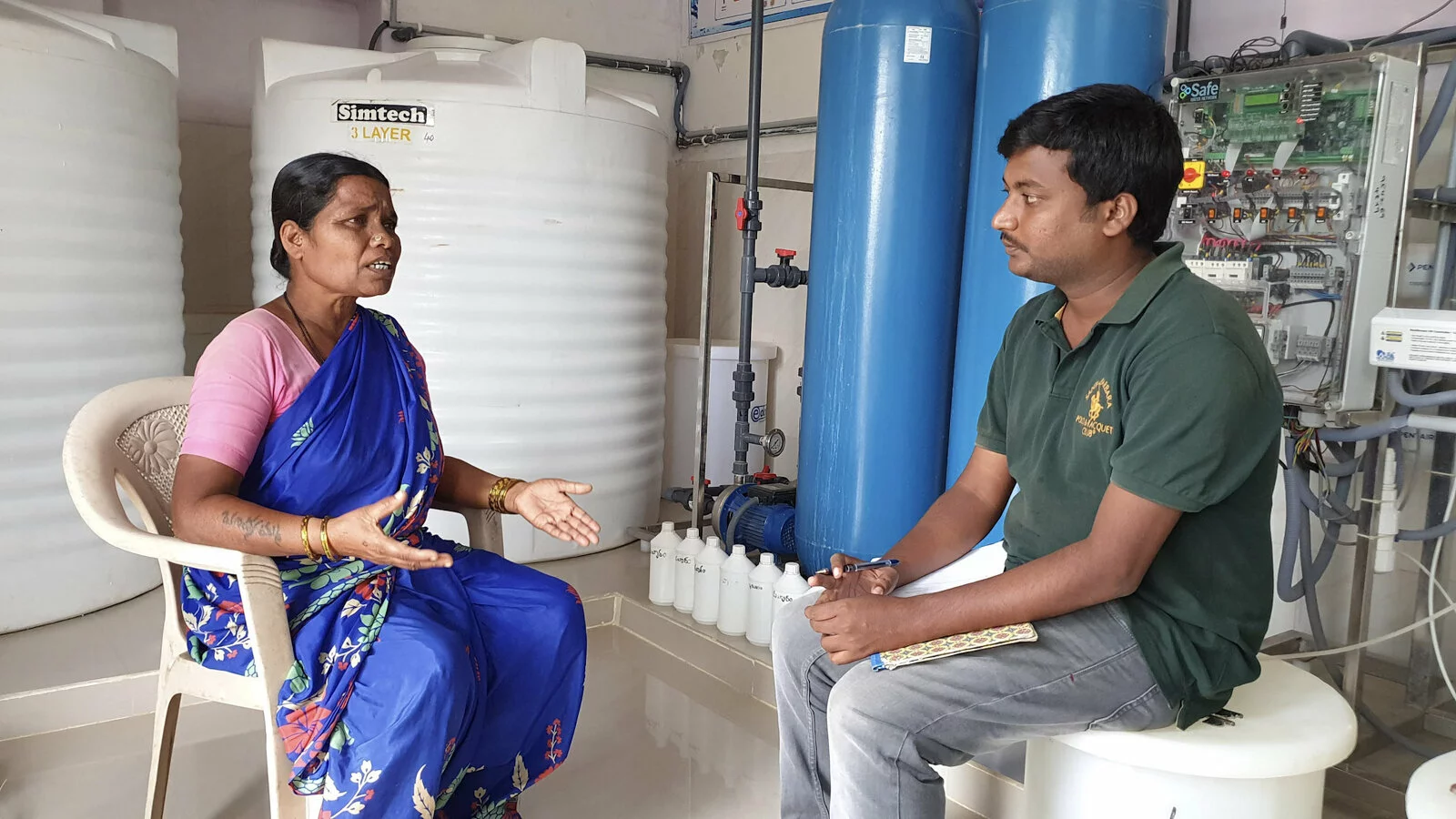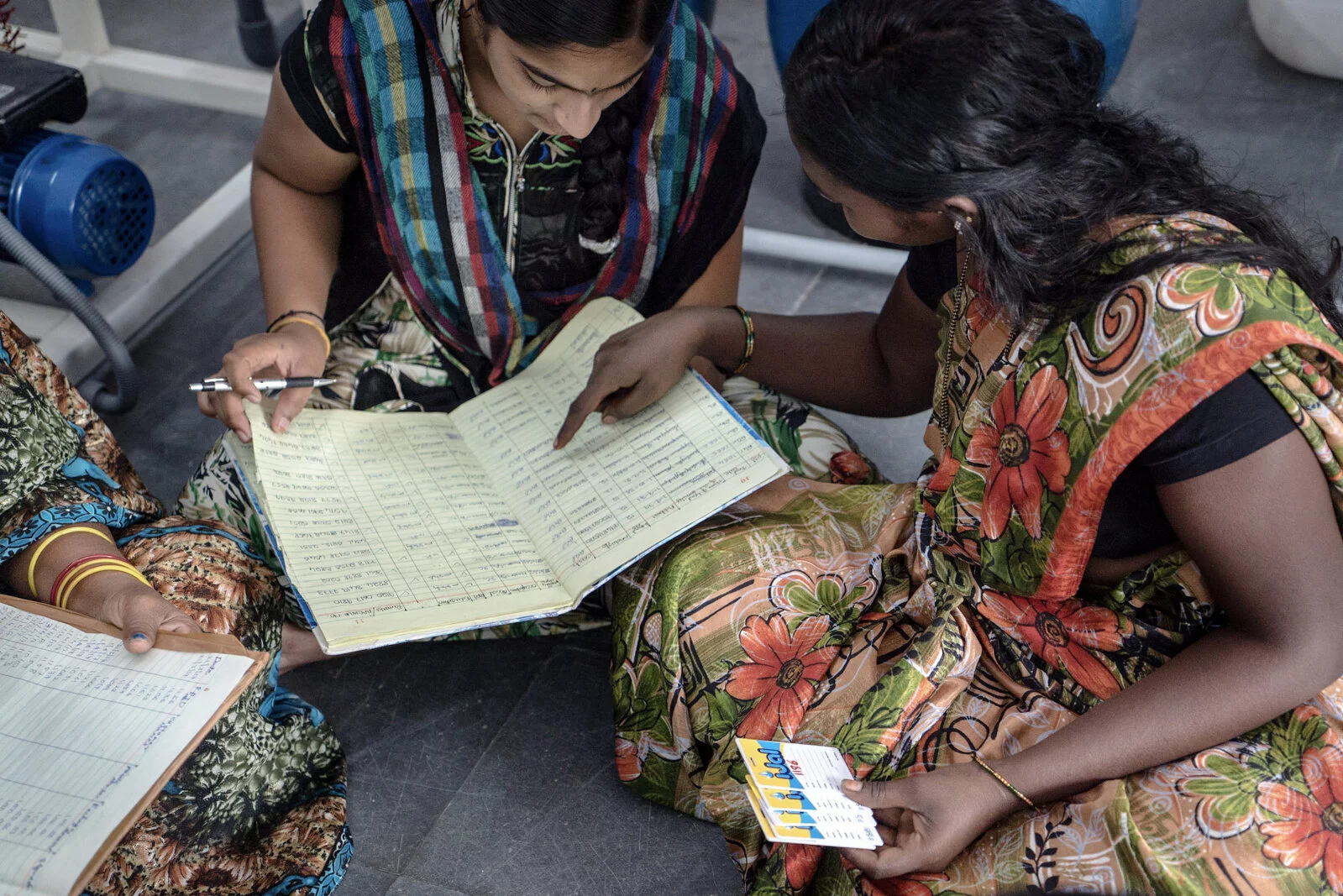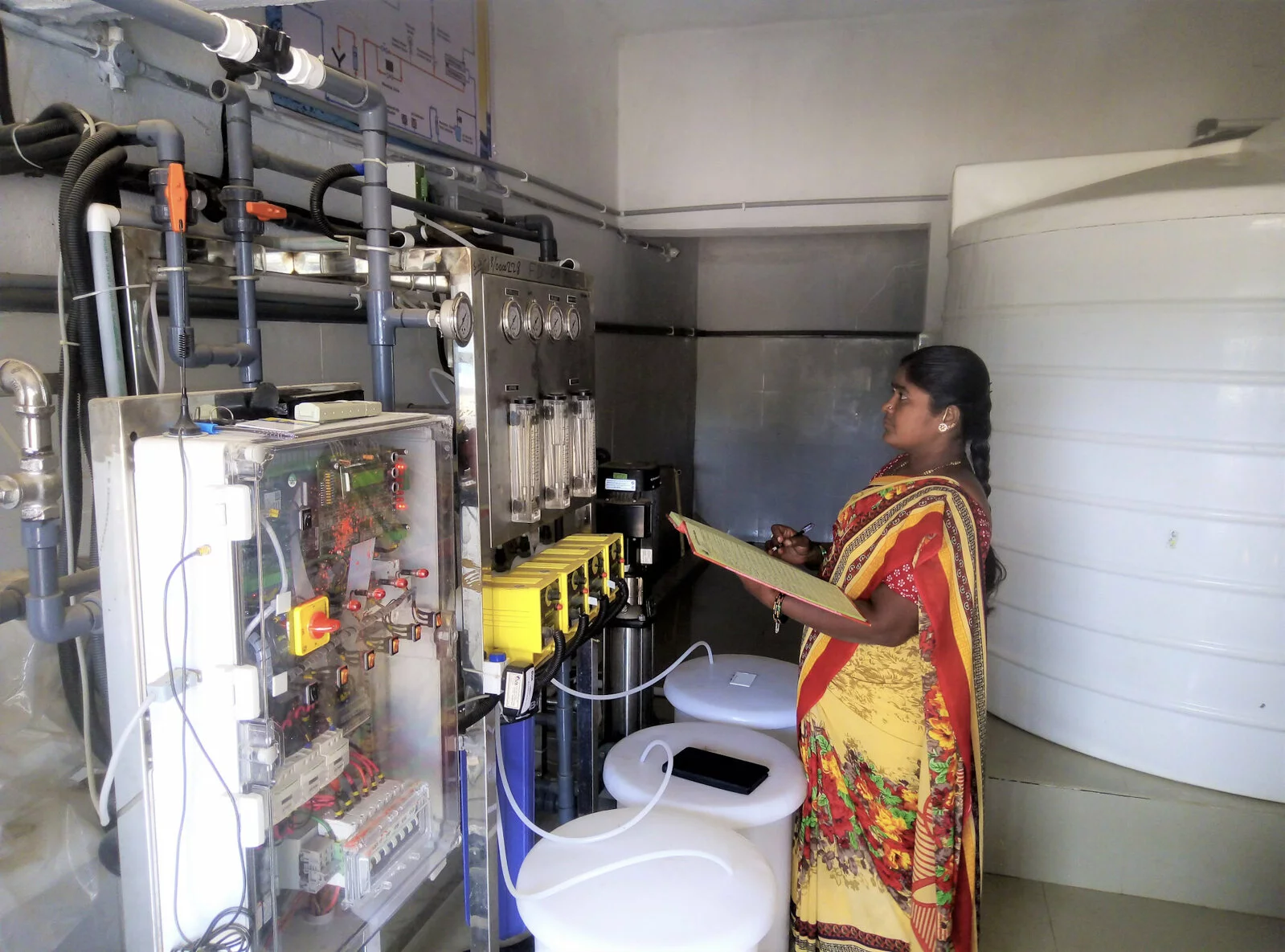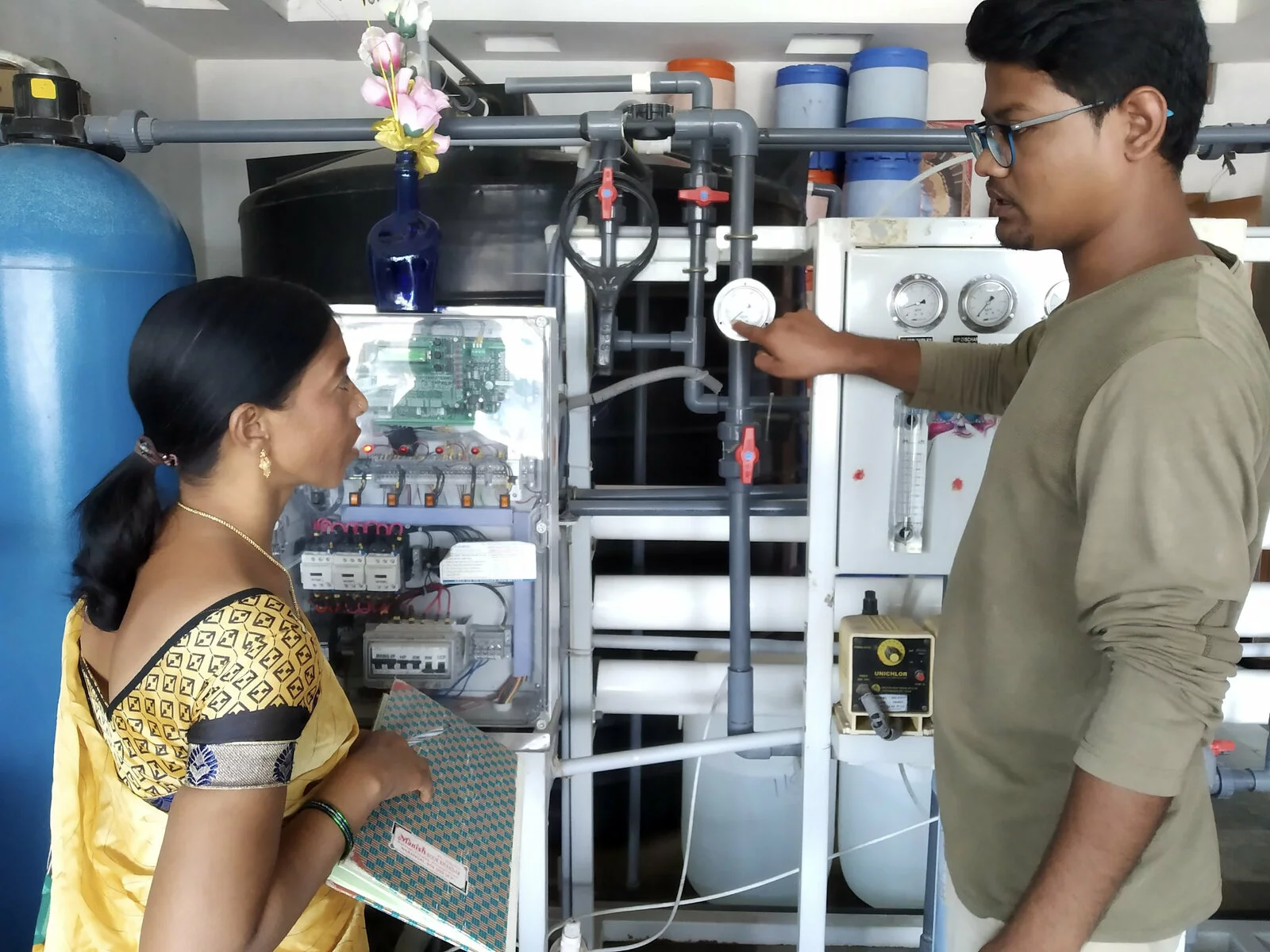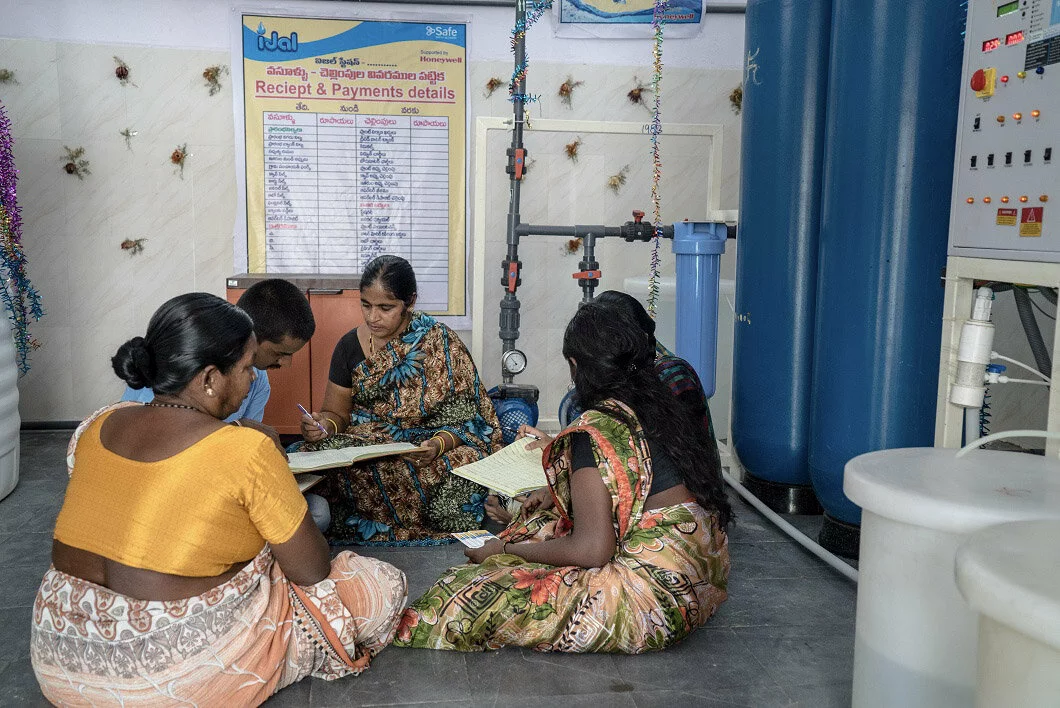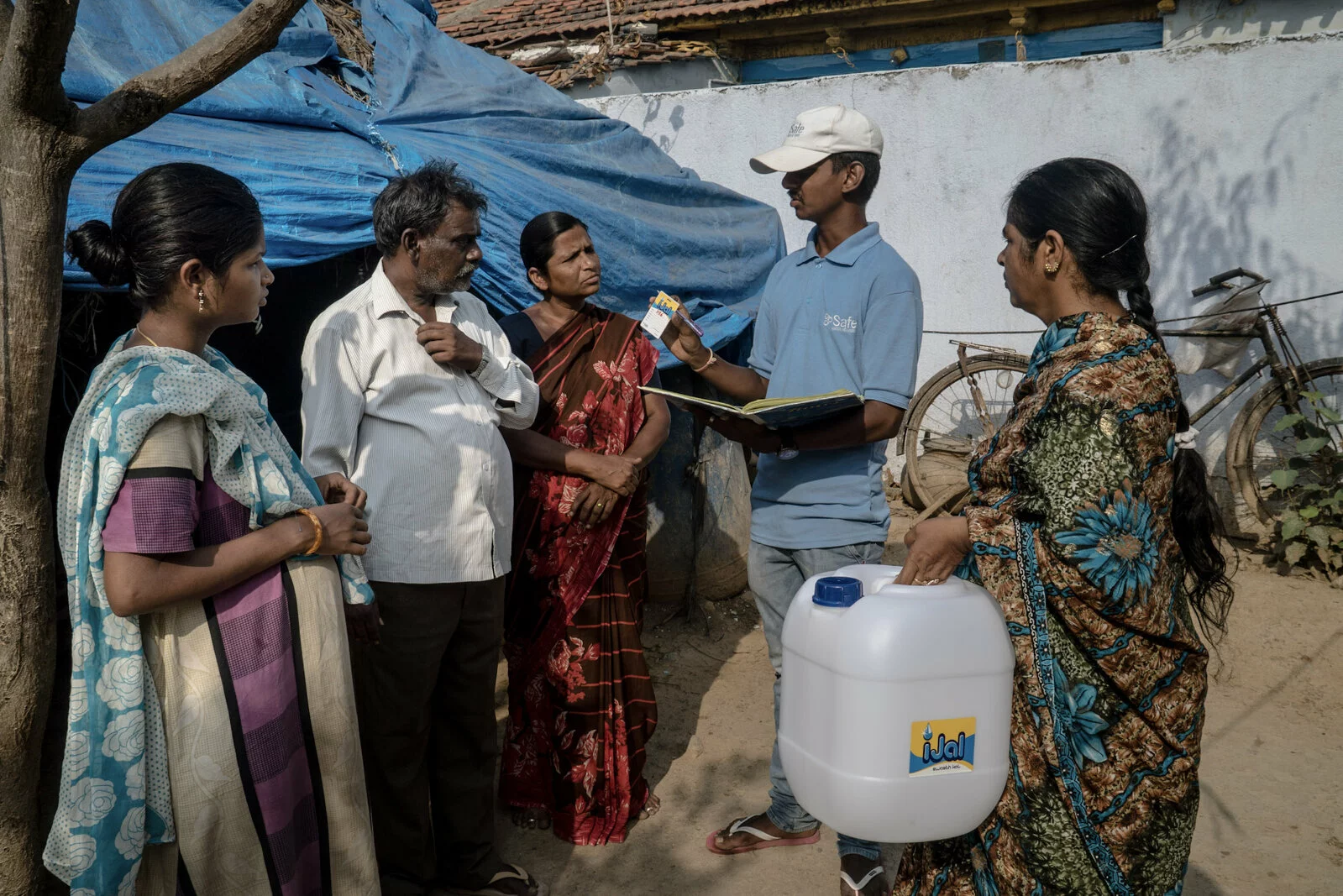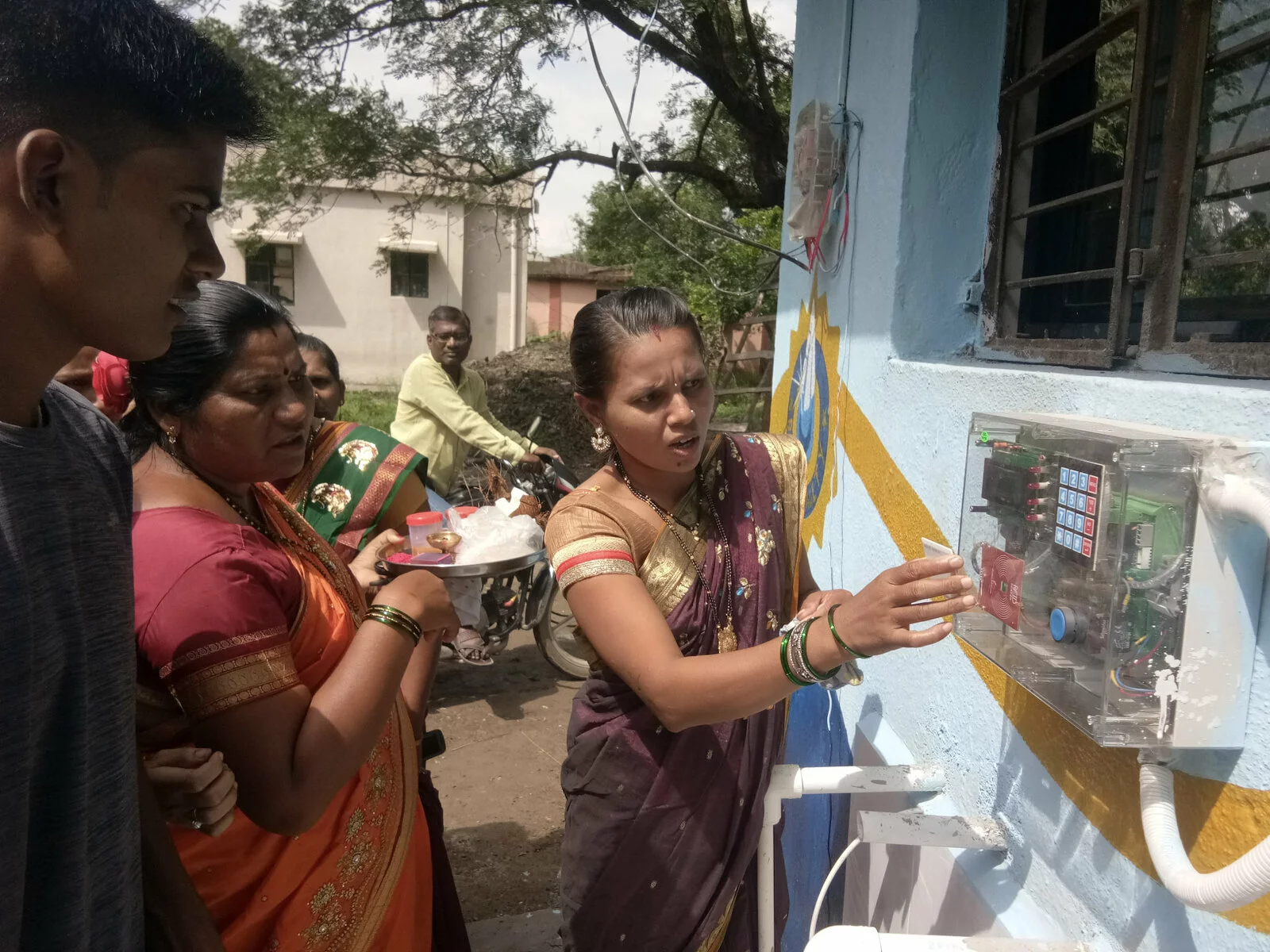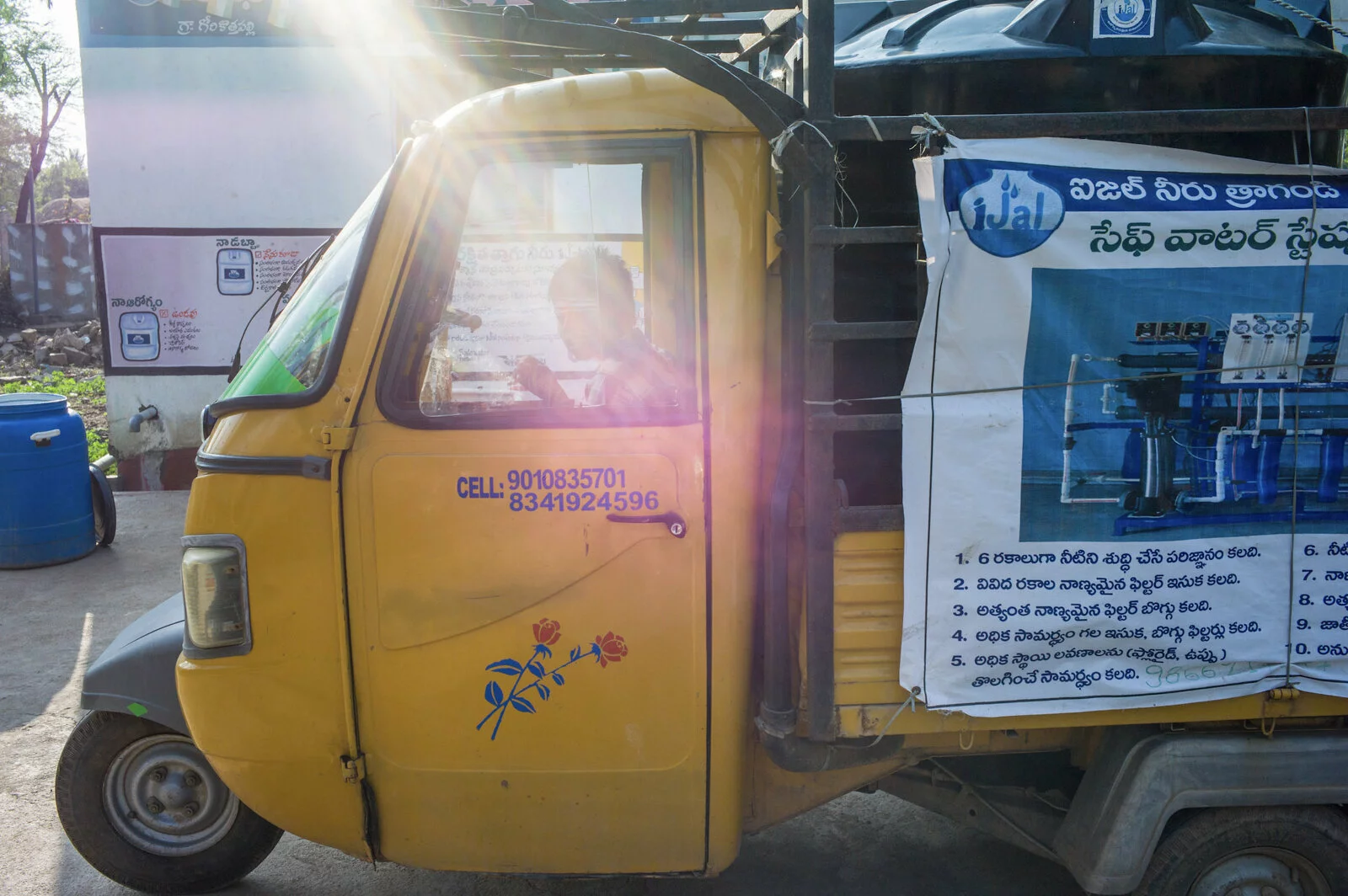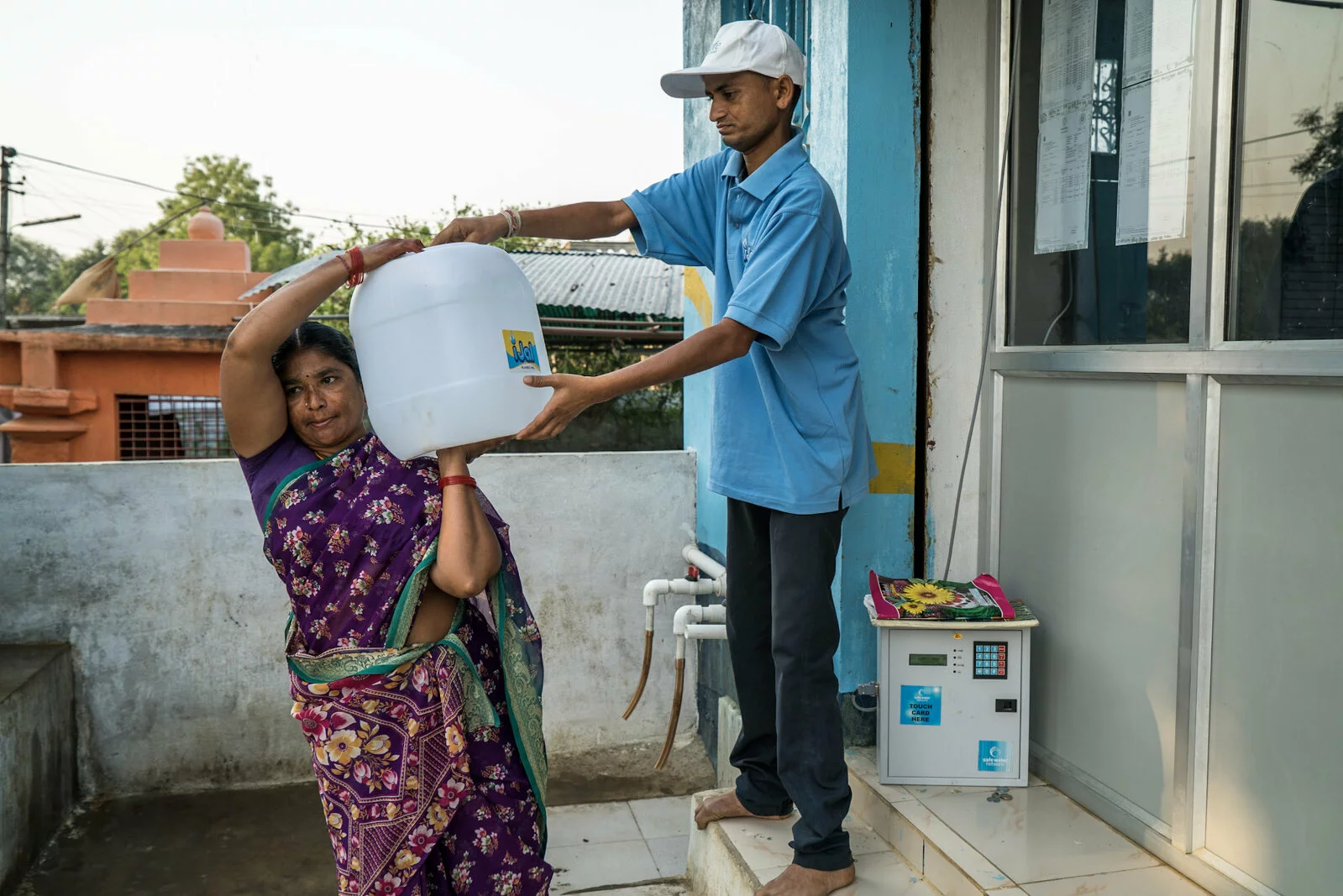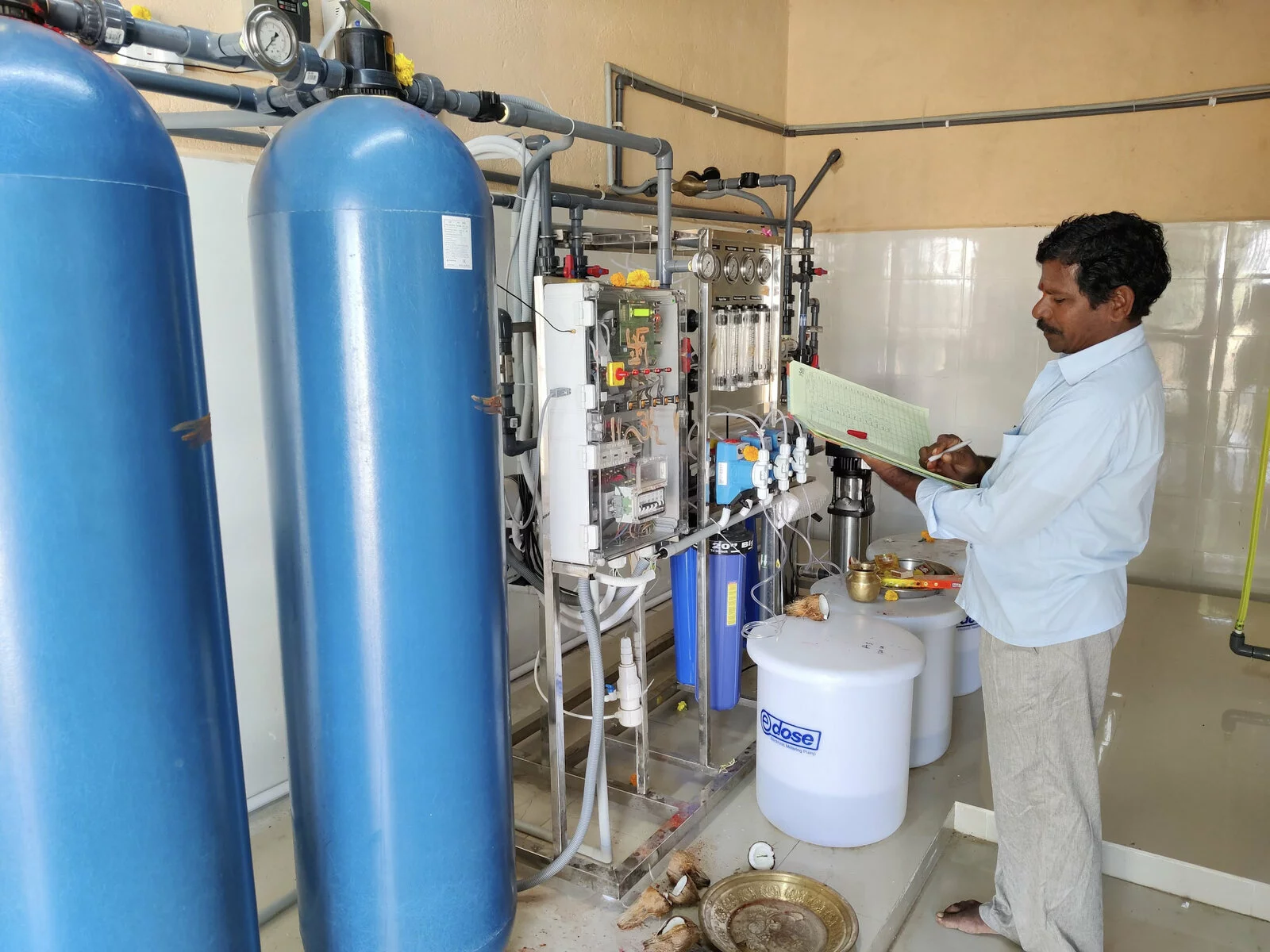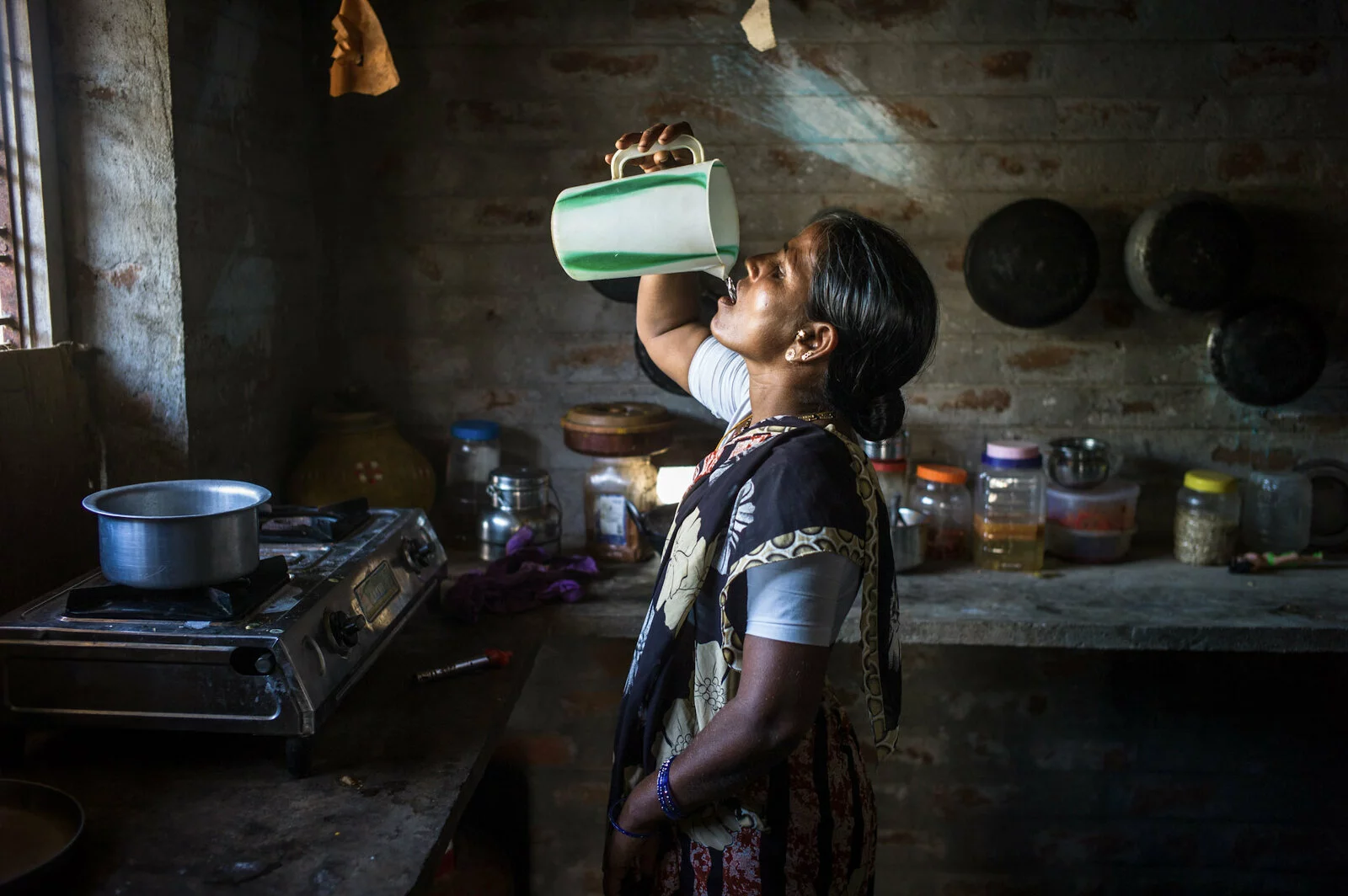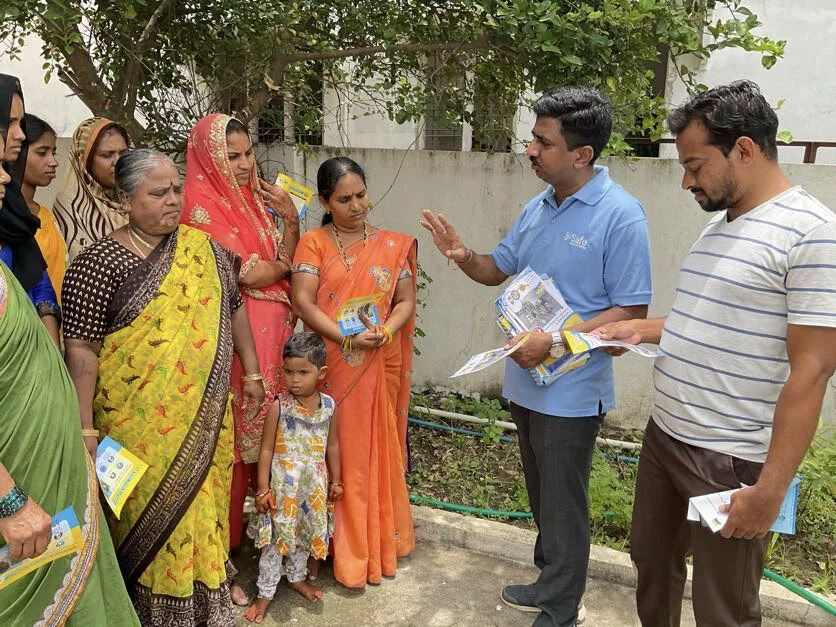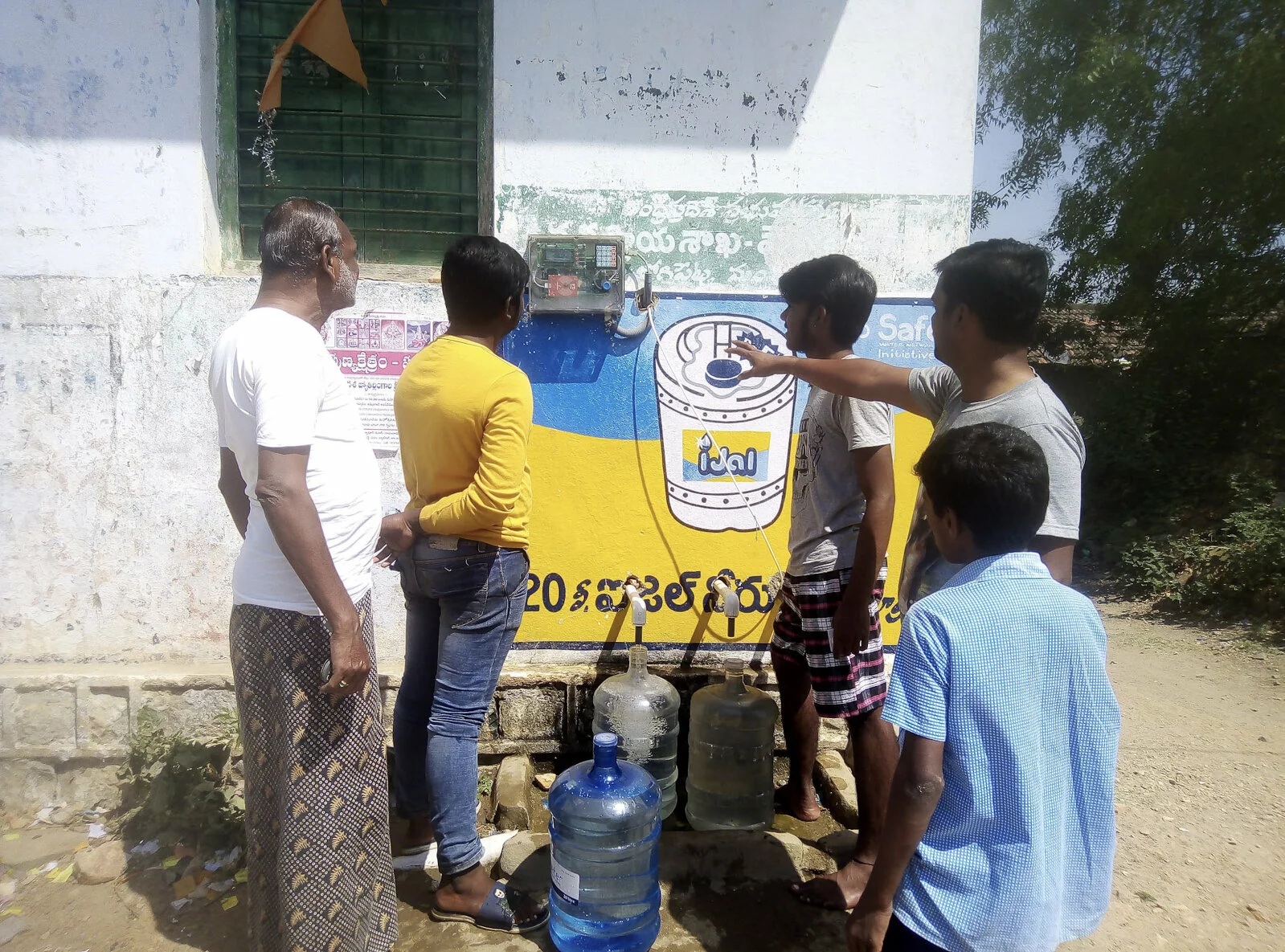India Urban Sector Review (2016)
By: Safe Water Network
In India, there are more than 97 million people without access to safe drinking water, and rapid urban growth poses the need for immediate solutions. While Indian public water providers aim to offer a 24-hour supply of water, over 60 percent have access for only three hours per day or less. The scale of the problem underscores the need for Urban Small Water Enterprises (USWEs) to fill the water provision gap in urban slums, providing safe water to economically disadvantaged populations while the Urban Local Bodies (ULBs) work in improving access to piped water.
The Conditions for SWE Success
For SWEs to better reach the urban poor, there needs to be an environment that enables their success by permitting fair pricing, self-regulation, and funding support. In addition, for SWEs to effectively access communities that piped-water doesn’t reach, they need to demonstrate the central tenets of equity, inclusiveness, and sustainability.
Supporting Documentation/resources/data/reports
